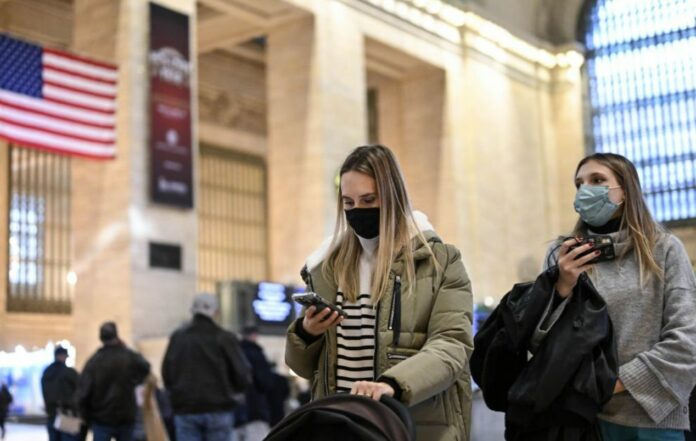COVID-19, also known as the coronavirus disease, is caused by the SARS-CoV-2 virus. The most common symptoms of COVID-19 are fever, tiredness, and dry cough.
Some people may also have aches and pains, nasal congestion, runny nose, lose of smell or taste, sore throat, or diarrhea.
Although it may not seem like it at the time, losing your sense of smell or taste during a Covid infection could be a positive sign.
The scientific community believes that a loss of taste or smell during a Covid infection may indicate a strong immune response.
According to a study, individuals with Covid-19 who experienced anosmia (loss of smell) or ageusia (loss of taste) were twice as likely to have antibodies present in their body for a longer period after their infection.
According to findings from earlier studies, a robust immune response may eliminate cells that reside in the nose and are responsible for triggering the symptoms.
However, as these cells are often the first to be infected by the virus, their presence may also serve as an early indicator of a severe case of Covid.
During the early stages of the pandemic, loss of taste and smell was a common symptom, with estimates suggesting that up to 60% of individuals with Covid-19 experienced this symptom.
However, the symptoms are now less prevalent due to vaccination and the emergence of new mutations.
It is uncertain how applicable the results of this study are to the current situation, as none of the participants were vaccinated and the virus has undergone significant mutations since the study was conducted.
For the research, investigators at Columbia University recruited 306 people from northern Manhattan, New York City, who were infected with Covid during the pandemic’s first months.
PCR testing, antibody tests, or X-rays revealing clinical signs of the virus verified their diagnosis.
Two-thirds of those who were surveyed by scientists said that having a Covid infection caused a loss of taste or smell.
They were asked to come in for a blood test at least two weeks after their infection had gone away. In 2020, testing took place between April and June.
Antibody test data for 266 subjects were available.
Out of these, 176 (66%) tested positive for antibodies that fight Covid, while 90 (34%) did not.
Over time, the level of antibodies in the body will decrease, which means that an individual who has been infected with Covid may eventually test negative for the presence of these proteins.
Covid antibodies were detected in 71% of individuals who reported a loss of taste or smell.
Comparatively, only 57% of individuals who did not report symptoms tested positive for the pandemic virus-fighting antibodies.
In their analysis, the scientists took into account variables such as sex, age, and ethnicity.
The study found that individuals who experienced a loss of taste and smell were approximately twice as likely to test positive for Covid antibodies compared to those who did not have these symptoms.
In the paper, scientists wrote, “Results from our study suggest that loss of smell and taste during Covid infection are strong predictive factors for a robust immunologic response.
“Additional research is needed to address the durability of seropositivity among these individuals.”
According to previous research, the loss of taste and smell during a Covid infection may be related to the body’s immune response to the virus.
There is evidence to suggest that a strong immune response to Covid-19 may result in a higher number of cells responsible for taste and smell being damaged or destroyed, as these cells are often the first to be infected by the virus.
Covid vaccines became available in the US in early 2021, and as of now, 80% of US adults, or approximately 268 million people, have received two doses.
Scientists said that diagnoses of people who had lost their sense of smell or taste were based only on what the patients said, and none of them were tested.
Also, most Covid patients were only mildly sick, and only five of them (1.6% of all patients) were hospitalized.
The average age of the people who took part in the study was 39, and most of them were white women.
The findings of the study were published in the PLOS ONE journal.
Image Credit: Fatih Aktas/Anadolu Agency via Getty Images
